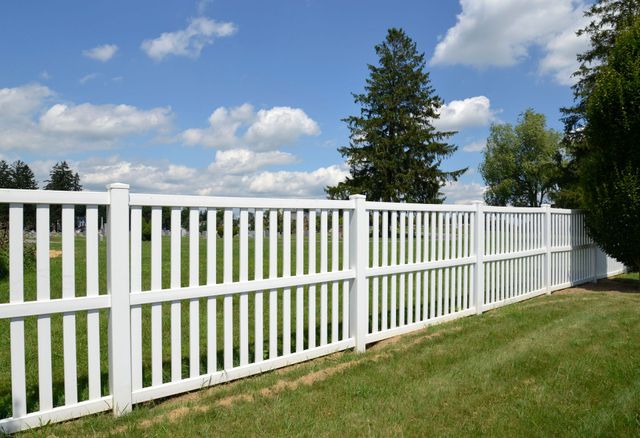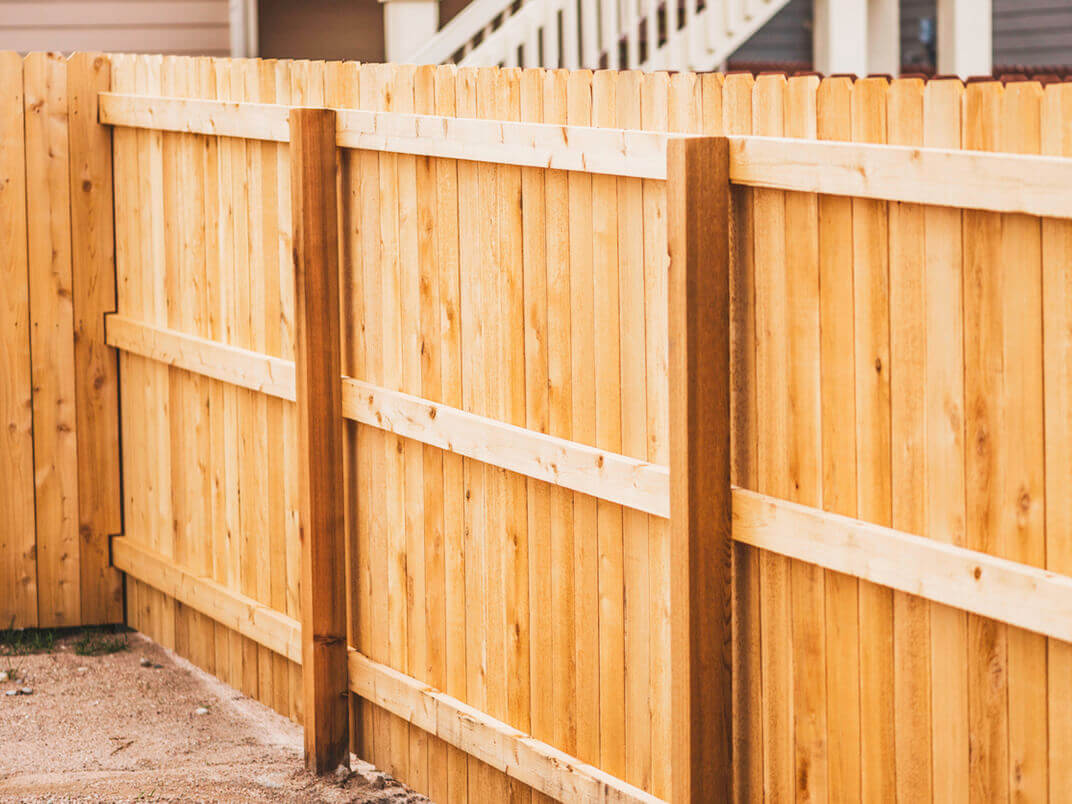All Categories
Featured

When intending to set up a fence around your residential property, among the first steps is comprehending the permitting requirements in your area. While the procedure might seem uncomplicated, local regulations can vary greatly relying on where you live. Securing the proper authorizations before beginning the setup is vital to avoid prospective fines, conflicts with neighbors, or perhaps having to eliminate your fencing. Right here's what you need to know about obtaining the required authorizations for your fence installation.
Why Do You Required a Permit for a Fencing? A permit is typically needed for fencing installments to guarantee compliance with local building ordinance, zoning regulations, and safety and security laws. Permitting assists regional authorities preserve uniformity in neighborhood looks, safety, and environmental factors to consider. It additionally makes sure that the fencing does not conflict with energy lines or public spaces, and that it complies with elevation and limit limitations.

Common Authorizations Needed for Fence Installment. Building Permit. Most areas require a structure permit for fencing installation, especially if the fencing goes beyond a specific height (usually over 6 feet) or is made from non-standard products. This authorization makes certain that your fencing conforms with local building ordinance. In some areas, the building department will certainly examine the website to guarantee that the fence satisfies safety and architectural criteria.
Zoning Authorization. Zoning authorizations are created to make sure that your fence sticks to regional zoning legislations, consisting of setbacks from property lines, easements, and rights-of-way. Zoning regulations vary from city to city, and in some instances, your fencing may need to be set back a particular variety of feet from the walkway or road. If your fence is in a historical district or other specifically assigned locations., a zoning license might likewise be essential.

Fence Permit. In some areas, a particular "fencing permit" may be needed. Some cities limit chain-link fencings in front lawns or have details guidelines for privacy fencings.
HOA Approval. If your home belongs to a property owners organization (HOA), you might require authorization before mounting a fence. HOA guidelines often include particular regulations regarding the type, height, shade, and materials for fences to maintain the community's aesthetic appeals. HOA guidelines can be stricter than city codes, so always inspect their guidelines prior to progressing.
Easement or Utility Licenses. If your fencing will be near or across an easement (such as an utility easement), you may need to get approval from the utility business or various other entities that regulate the land. This is particularly important if you plan to mine fence blog posts, as it guarantees you won't harm underground utilities like gas, power, or water lines.
Exactly How to Discover What Allows Are Needed. The very best method to identify which permits are required for your fencing installment is to contact your regional structure division or community office. They can give you with particular details concerning requirements in your location. Right here are a couple of actions you can take to figure out:
Examine the City or Region Internet site: Lots of city governments offer details concerning fence installation allows online. Search for structure or zoning areas on their web site. Call or Visit Local Federal Government Workplaces: If the information is not easily offered online, calling or going to the neighborhood workplace personally can clarify what's required. Consult an Expert Service Provider: If you're uncertain or overwhelmed by the procedure, a local professional or fence installation business can assist in browsing the allowing process, as they're acquainted with regional regulations. What Happens If You Don't Obtain a Permit? In lots of locations, you could encounter fines, and your fencing could be purchased to be gotten rid of. Permitting makes certain that your fence is compliant and helps prevent future difficulties.
Final thought. Before installing a fence around your residential or commercial property, it's vital to check whether a permit is called for in your location. Building licenses, zoning permits, HOA authorization, and energy consents might all contribute in your fencing installment process. Putting in the time to research and obtain the required licenses will not just guarantee that you're following local guidelines, however also assist protect your financial investment and preserve the honesty of your home.
Latest Posts
Energy Efficiency Metal Roofs: How They Can Save You Money
Published Jan 19, 25
2 min read
What Are the A Lot Of Popular Furniture Styles for Modern Living Areas?
Published Jan 19, 25
0 min read
How Can Customers Tailor Furnishings to Suit Their Home Design?
Published Jan 19, 25
0 min read
More
Latest Posts
Energy Efficiency Metal Roofs: How They Can Save You Money
Published Jan 19, 25
2 min read
What Are the A Lot Of Popular Furniture Styles for Modern Living Areas?
Published Jan 19, 25
0 min read
How Can Customers Tailor Furnishings to Suit Their Home Design?
Published Jan 19, 25
0 min read